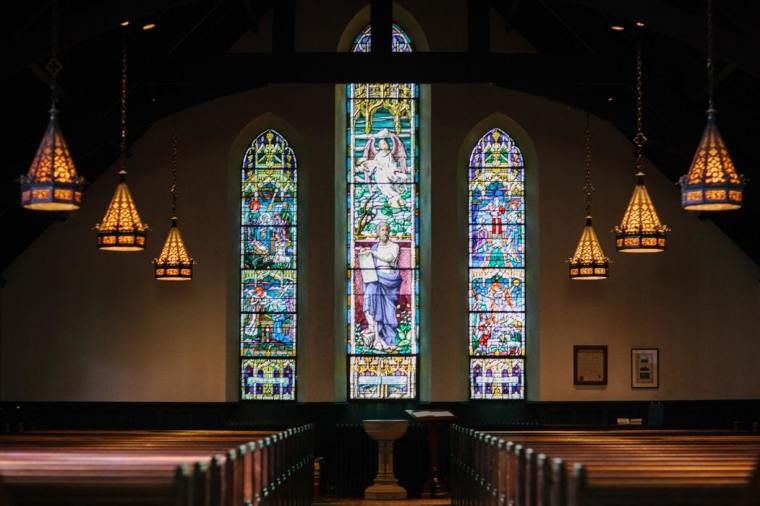According to a Gallup Poll released Monday, those who attend church frequently were the only group of Americans that did not see the state of their mental health decline in 2020.
The results of Gallup’s November Health and Healthcare survey, conducted annually since 2001, reveal that the share of Americans who classify their mental health as “excellent” has reached an all-time low of 34%. The share of Americans who describe their mental health as “excellent/good” has also reached a record low of 76%. Nearly every demographic subgroup saw the state of their mental health decrease from 2019 to 2020.
However, among Americans who attend religious services weekly, 46% classified their mental health as excellent. That figure is an increase from the 42% who saw their mental health as excellent in 2019.
Those who attended church services weekly were also the group of Americans with the highest share of people who rated their mental health as excellent in 2020. Americans who made more than $100,000 a year came in a close second, with 45% describing their mental health as excellent.
This represents a change from 2019, when Americans making $40,000 or more, white Americans, those over the age of 50, Americans who attend church services almost weekly or monthly, Republicans, political independents, married people and men all had higher shares of people who classified their mental health as excellent than the most religious Americans.
In 2019, the share of frequent church attendees who believed that their mental health was excellent was actually identical to the share of Americans who seldom or never attend church services who said the same. The only groups where a lower share of respondents said that they had excellent mental health were women, Democrats, non-white Americans, unmarried people, people younger than 50, and those who made less than $40,000 a year.
The increase in the number of religious Americans who identify their mental health as excellent comes as churches across the country have seen their ability to hold in-person worship services hindered by coronavirus restrictions imposed by the governors of their respective states. Religious Americans have seen some victories in recent weeks, with U.S. Supreme Court rulings striking down worship restrictions in New York and California.
A recent survey conducted by the law firm Becket found that 74% of Generation Z respondents, the youngest group of Americans that have reached adulthood, described their faith as “somewhat important” during the pandemic. In a lawsuit challenging the forced closure of Christian schools in Lucas County, Ohio, attorney Brian Fox pointed to religious schools as a source of students’ “purpose, faith, and abiding hope.”
Meanwhile, the share of Americans who attend religious services “nearly weekly/monthly” or “seldom/never” that reported excellent mental health declined 12% and 13% from 2019 to 2020, respectively. All other groups saw their mental health decline over the past year, with the highest drops in those describing their mental health as “excellent” among Republicans (-15%) and those making $40,000 or more (-12%).
Among seniors, white Americans, women and unmarried people, the share of people who described their mental health as excellent dropped by 10%. All other groups saw single-digit declines in the share of people who saw their mental health as excellent.
“The latest weakening in positive ratings, from a Nov. 5-19 poll, are undoubtedly influenced by the coronavirus pandemic, which continues to profoundly disrupt people’s lives, but may also reflect views of the elections and the state of race relations, both of which were on Americans’ minds this year,” the Gallup survey concluded.
A random sample of 1,018 American adults living in all 50 states and the District of Columbia participated in the survey, which had a margin of error of +/- 4%.

No comments:
Post a Comment